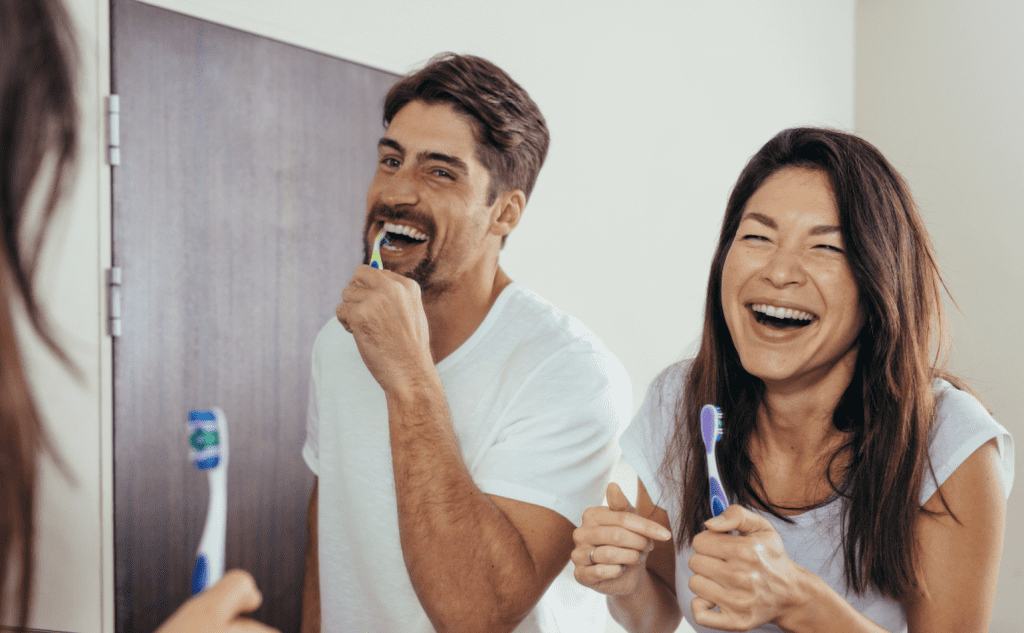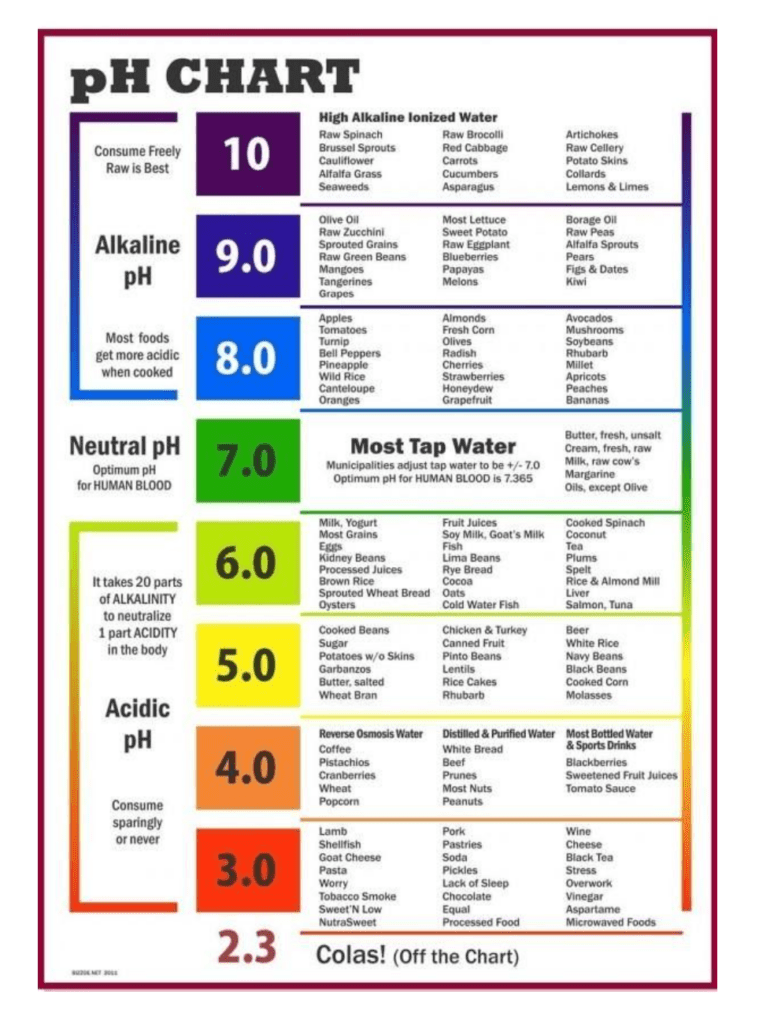Why Your Teeth Wear Down and How To Prevent It From Happening

Throughout your life, your teeth will be exposed to food, drink, oral care and potential side effects from injury, disease and bad habits that can wear down your teeth. Though you can not completely avoid wear from certain stomach issues or diseases though you can take preventative steps, which we’ll discuss below), most other forms of tooth wear are avoidable and can be minimized with mindful eating, proper oral care and protection and by quitting bad habits such as smoking and teeth grinding. If you do grind or clench your teeth, speak to your dentist about treatment and proper protection to avoid additional wear.
Your teeth wear down for a variety of reasons. The three most common causes of tooth wear are:
- Abrasion from over aggressive tooth brushing (most noticeable near the gum line).
- Dental erosion from an acidic diet or stomach acids (affects all exposed tooth material).
- Attrition from tooth contact and grinding (affects the biting surfaces of the teeth).
The first step towards minimizing tooth wear is being aware that it is happening. Visiting your dentist for regular checkups is the best way to prevent wearing because your dentist will notice it starting and can provide solutions to help.
Abrasion from over aggressive brushing or abrasive toothpaste can be completely avoided by re-learning proper brushing technique, which your dental team can help with, and switching to a low abrasion toothpaste such as CTX toothpaste.
Attrition can also be addressed by your dental team. You can be fitted for a dental splint or mouthguard to ensure that your teeth do not make contact and worsen any tooth wear that has started. You can also be careful not to chew on hard items like pens.
Dental erosion from acids in your mouth can be a little tricker to prevent, but it is the most common contributing factor to tooth wear and to your mouth aging faster than it should for your chronological age. A study has found that the average PH of the mouth is around 7.0-7.3 and that the typical diet in North America is found to be highly acidic. This means that diet is the single most important and controllable factor in dental erosion.
Since we know that our enamel starts to dissolve at a pH of 5.5 or lower, the food and drink that reaches those levels should be consumed in moderation, with precaution or not at all. Herbal teas, acidic candies, sports drinks, coffee, vitamin C and many other food and drink have a PH level lower than 5.5 which is considered acidic and will over time dissolve the white enamel of a tooth. Once the enamel has been lost it CANNOT BE RESTORED, so prevention is key!

So what can you do to avoid erosion?
- Reduce acid exposure by limiting the frequency and contact of acids.
- Avoid acidic mouthwashes, especially in those with hyposalivation (low saliva flow).
- Do not hold or swish acidic drinks in your mouth and avoid sipping these drinks. Quick consumption is recommended.
- Avoid brushing teeth immediately after severe erosive exposure (vomiting). Instead use an antacid tablet, baking soda solution, fluoridated mouth rinse, milk or food such as cheese or sugar free yogurt or rinse with water.
- Help tooth surfaces become resistant by applying fluoridated toothpastes.
- Ask us (or your dental professional) how to maximize the benefits of these products. There are new toothpastes available that incorporate tooth-like material to remineralize your teeth.
- After acid intake, stimulate saliva flow with sugar free, xylitol chewing gum or lozenges.
- Drink water frequently to counteract dry mouth.
- Maintain regular dental check-ups and talk with your dental professional on the risk factors of erosion directly or indirectly in relation to your oral health.
While some forms of tooth wear cannot be avoided entirely, you can help your teeth to become more resistant and be sure to visit your dentist regularly to keep an eye on it. Outside of that, diet is the most important and controllable factor that contributes to teeth wearing, so watch what you consume and how. Your future self will thank you for the beautiful smile that lasts for years to come!
